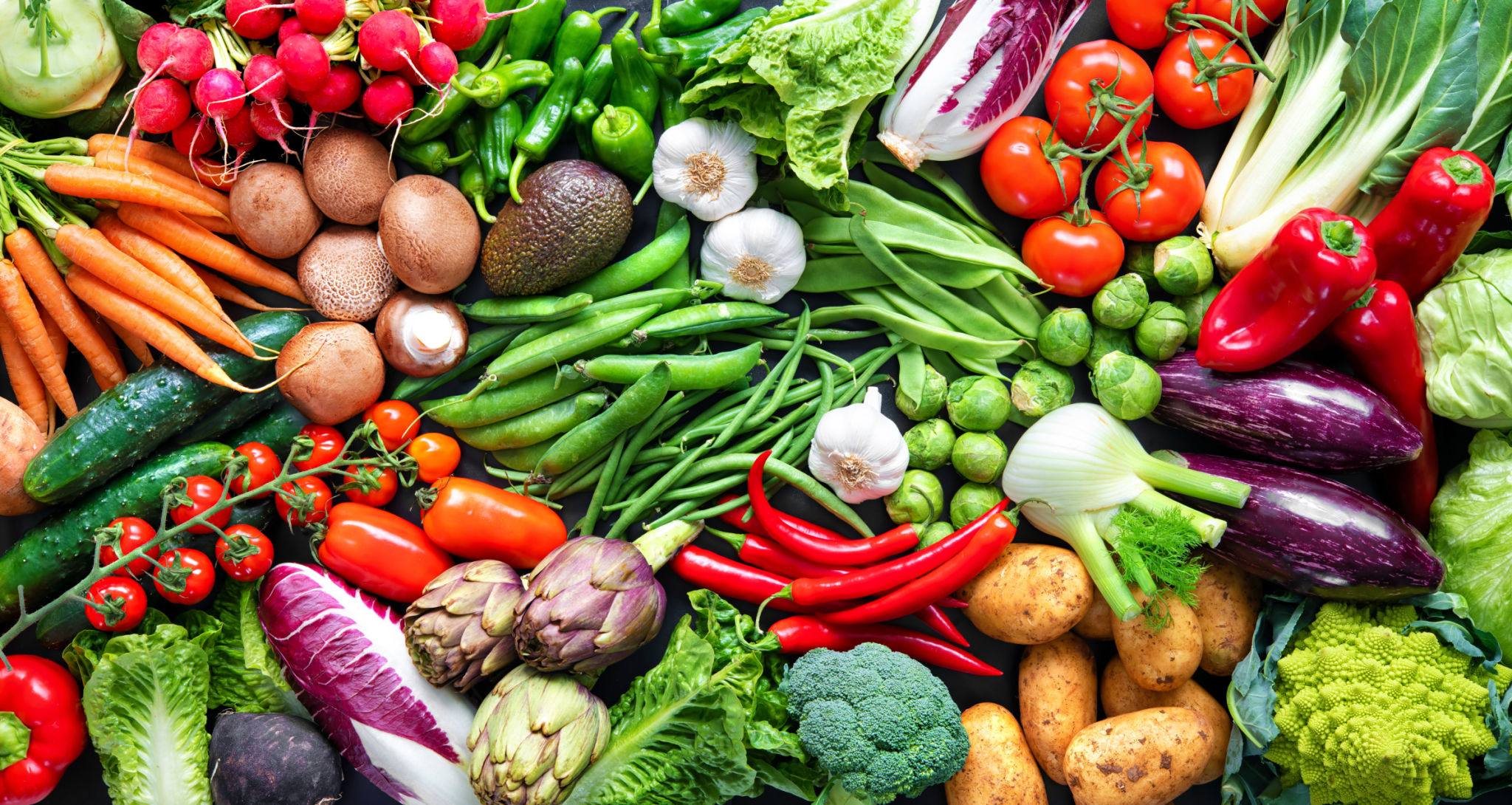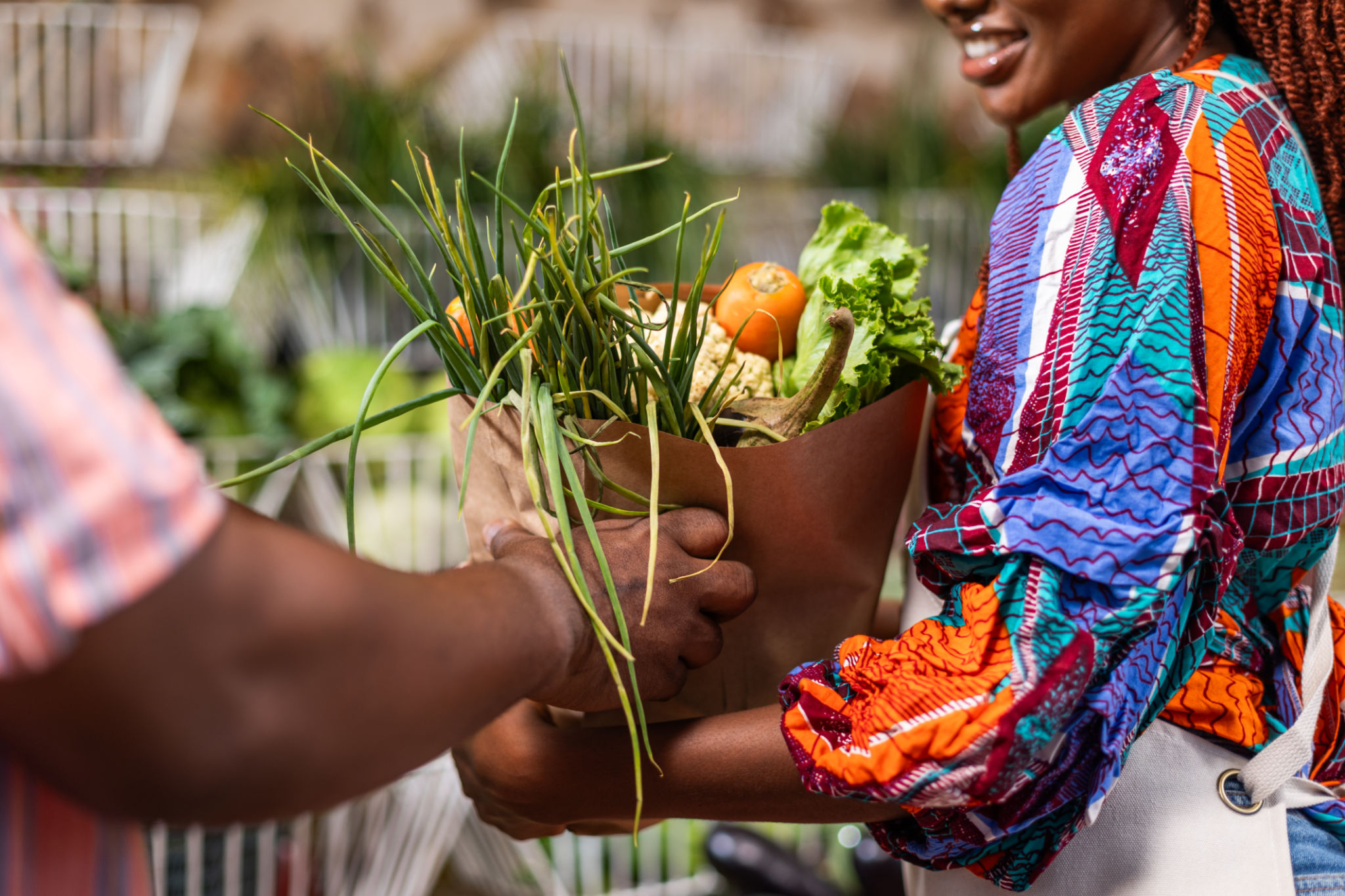A Guide to Importing Fruits and Vegetables into Dubai
Understanding Import Regulations
Importing fruits and vegetables into Dubai involves navigating a complex set of regulations. The UAE has stringent standards to ensure that all imported produce meets health and safety requirements. Before you begin, familiarize yourself with the guidelines set by the Ministry of Climate Change and Environment (MOCCAE) and the Dubai Municipality. These organizations provide comprehensive resources and support for importers.
Key regulations include obtaining necessary import permits, adhering to packaging and labeling standards, and ensuring compliance with quality checks. Documentation is crucial, as failure to present the required paperwork can result in delays or rejection at the border.

Necessary Documentation
To successfully import fruits and vegetables into Dubai, you need to prepare a detailed set of documents. These typically include a phytosanitary certificate, which verifies that the produce is free from pests and diseases, and an import permit from the MOCCAE. Additionally, a bill of lading and a commercial invoice are necessary to prove ownership and shipment details.
Ensure that all documents are accurate and up-to-date, as discrepancies can lead to complications with customs clearance. It is advisable to consult with a customs broker who can help streamline the process and ensure that all paperwork is in order.
Sourcing Quality Produce
The quality of your fruits and vegetables is paramount. Dubai's consumers are discerning, and there is a high demand for premium produce. When selecting suppliers, prioritize those with a proven track record of quality and reliability. This often involves conducting site visits or audits to assess their farming practices and quality control measures.

Building strong relationships with reputable suppliers not only ensures a steady supply but also helps in maintaining consistent quality. Always negotiate terms that cover aspects such as delivery timelines, payment terms, and quality assurance to protect your interests.
Logistics and Transportation
Efficient logistics and transportation are crucial in the import process. The perishable nature of fruits and vegetables requires them to be transported swiftly and under optimal conditions. Explore different shipping options, such as air freight for quick delivery or sea freight for larger quantities.
Temperature-controlled shipping containers are essential to preserve freshness during transit. Partnering with experienced logistics providers who understand the specific requirements for handling fresh produce can greatly enhance your supply chain efficiency.

Navigating Customs Clearance
Customs clearance is a critical step in the importing process. Once your shipment arrives in Dubai, it must undergo inspection by the Dubai Customs authority. They will verify that all documentation is in order and that the shipment complies with local regulations.
Being proactive in preparing for this step can prevent delays. Ensure that your customs broker is well-versed in local procedures and maintains open communication with customs officials to facilitate a smooth clearance process.
Market Entry Strategies
Once your produce has cleared customs, focus shifts to marketing and distribution within Dubai. Understanding market trends and consumer preferences will help tailor your offerings effectively. Consider partnering with local distributors who have established networks and can help expand your market reach.
Additionally, leveraging digital marketing strategies can enhance visibility and attract a broader audience. Social media campaigns, partnerships with local influencers, and participation in food exhibitions are effective ways to promote your products.

Ensuring Compliance with Food Safety Standards
Dubai places a high priority on food safety, making it crucial for importers to adhere to all relevant standards. Regular audits and inspections by local authorities ensure compliance. Staying updated with any changes in regulations is essential to avoid potential fines or sanctions.
Implementing robust internal quality assurance processes can help maintain high standards consistently. Training staff on food safety protocols and maintaining transparent communication with regulatory bodies can further enhance compliance efforts.
Conclusion
Importing fruits and vegetables into Dubai offers significant opportunities but requires careful planning and adherence to regulations. By understanding the necessary steps—from documentation to logistics—and focusing on quality and compliance, importers can successfully penetrate this dynamic market. With thorough preparation, your business can thrive in Dubai’s vibrant food industry.
